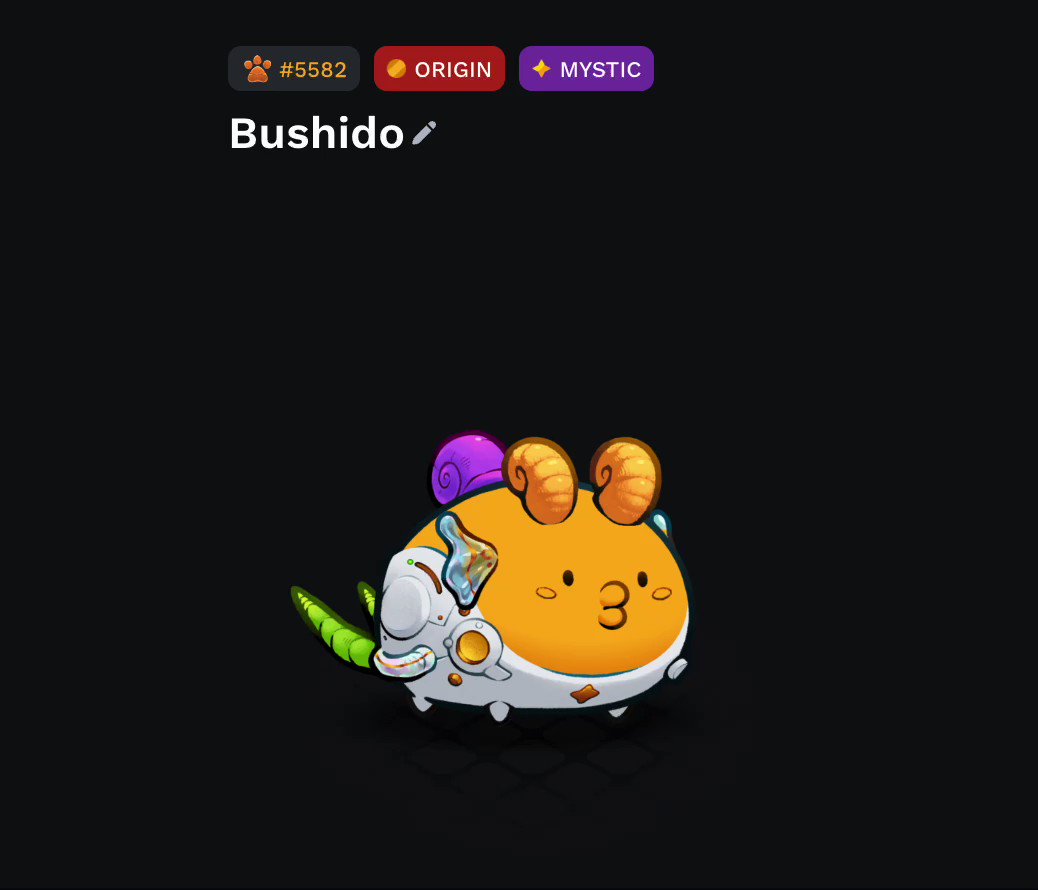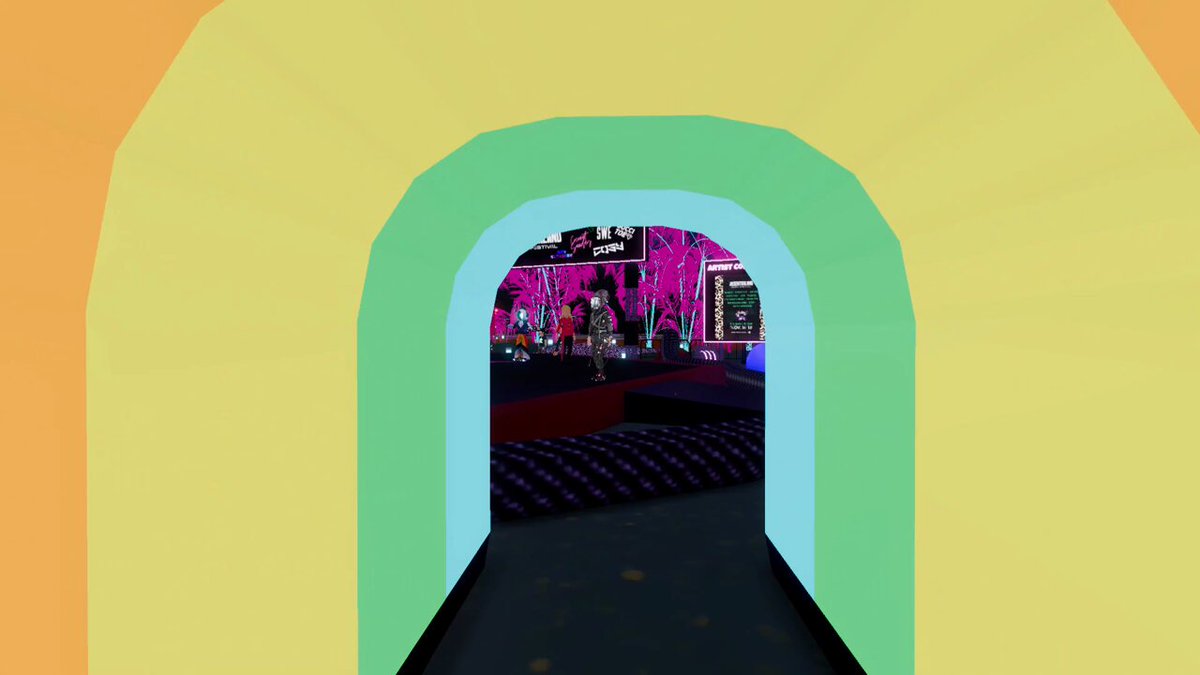
Blockchain 101 #19: Gaming Revolutionised: Transformative Influence of Blockchain Gaming
Exploring the ways in which blockchain is revolutionising the gaming industry through the creation of distinctive in-game assets and decentralised gaming platforms.
The gaming industry, a whale of the modern entertainment landscape, is undergoing a significant transformation. This shift is driven by the integration of blockchain technology, a decentralised and transparent ledger system that promises to reshape how we interact with digital worlds. In this article, we'll explore the transformative influence of blockchain gaming, focusing on its key features and the ways it is revolutionising the industry, with specific examples to illustrate its potential.

One of the most significant impacts of blockchain on gaming is the establishment of true ownership for in-game assets. Traditionally, players invested time and resources into acquiring virtual items, but these items remained tethered to the specific game and platform. Blockchain, through the utilisation of non-fungible tokens (NFTs), allows players to own these assets independently. NFTs act as digital certificates of ownership, securing ownership rights and enabling players to trade, sell, or even use these assets across different games. This opens up a new world of possibilities, fostering a vibrant in-game economy and empowering players to monetise their virtual experiences.
Imagine owning a rare sword in an online game, like the "Mystic Axie" in Axie Infinity, that you can not only use to vanquish your enemies but also sell on an open marketplace like OpenSea for real-world cryptocurrencies, like Ethereum. This is the reality that blockchain gaming is creating, allowing players to truly own and control their digital assets, just as they would any physical possession.

The centralised nature of traditional gaming platforms has long been a source of frustration for players. Developers hold all the power, dictating the rules of the game and often leaving players feeling powerless. Blockchain introduces the concept of decentralised gaming platforms, where the power is shifted back to the players. These platforms operate on a distributed ledger, meaning no single entity controls the game's mechanics or in-game assets. This creates a more transparent and accountable environment, giving players a voice in the game's development and ensuring their assets are safe from manipulation or confiscation.
A prime example of this is Decentraland, a virtual world built on the Ethereum blockchain. Players can purchase land, build structures, and create their own experiences within the game world. The Decentraland community governs the game through a Decentralised Autonomous Organisation (DAO), allowing players to vote on proposals and shape the future of the platform. This decentralised approach empowers players and fosters a sense of ownership and belonging within the game world.

Blockchain technology boasts a robust security architecture, making it highly resistant to hacking and fraud. This is particularly beneficial for the gaming industry, where virtual economies and valuable assets are often vulnerable to malicious activity. With blockchain, players can be assured that their assets are safe and secure, encouraging them to invest more time and resources into the gaming experience.
Furthermore, blockchain offers unparalleled transparency. All transactions recorded on the blockchain are publicly accessible and tamper-proof, providing players with a clear audit trail of in-game activities. This increased transparency fosters trust and accountability within the gaming ecosystem, addressing long-standing concerns about manipulation and unfair practices.
Emerging Trends and Future Outlook
While blockchain gaming is still in its early stages, it has already begun to reshape the landscape of the industry. Early adopters like Axie Infinity and Decentraland have demonstrated the potential of this technology to create engaging and rewarding experiences for players. As blockchain technology continues to mature and more developers embrace its potential, we can expect to see even more innovative and disruptive applications emerge.
Some exciting trends shaping the future of blockchain gaming include:
Interoperability: Future games will allow players to seamlessly use their assets across different platforms, creating a more unified and interconnected gaming ecosystem. An example of this is the Enjin Network, which enables developers to create blockchain-based assets that can be used across multiple games built on the network.
Play-to-earn: This model allows players to earn real-world rewards for their in-game activities, opening up new avenues for income generation. A successful example of this is Axie Infinity, where players can breed and battle Axies to earn Smooth Love Potion (SLP) tokens, which can be exchanged for cryptocurrency or fiat currency.
Decentralised finance (DeFi): Integration of DeFi solutions will enable players to lend, borrow, and invest their in-game assets, fostering a more robust and dynamic in-game economy. A project like Aavegotchi provides players with the ability to borrow against their NFTs, allowing them to access liquidity without having to sell their assets.
All in all, blockchain gaming represents a paradigm shift in the gaming industry. By offering true ownership of in-game assets through NFTs, decentralised governance through DAOs, and enhanced security through blockchain technology, it is empowering players in ways never seen before. This opens up a new era of player-driven experiences, fostering innovation and paving the way for a future where games are not merely entertainment, but rather vibrant virtual economies and communities where players have a genuine stake in their success.
This transformative potential is just beginning to be realised, and as the technology matures and more developers embrace its possibilities, we can expect even more revolutionary changes to sweep through the gaming landscape. The future of gaming is decentralised, empowered, and owned by the players themselves, and it's an exciting future indeed.

We, from Blockchain at NTU, thank you for being part of this enlightening journey and extend a warm welcome to the enthralling universe of blockchain!
NOTE: Articles written by Blockchain at NTU ARE NOT FINANCIAL ADVICE!
Written By:
Dann Wee
Research Director of Blockchain at NTU Club AY23/24
Social Media Links:
| Facebook | Instagram | Twitter | Linkedin | Discord |
| Telegram Group | Telegram Channel |



 Mystic Axie Giveaway
Mystic Axie Giveaway 

 4,689
4,689


 by
by 
